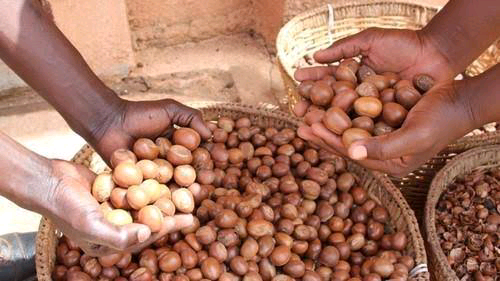-
FG halts export of shea nuts to curb raw material depletion
-
Exporters, farmers, and processors divided over suspension
-
Stakeholders warn of market disruption and price instability
Nigeria’s federal government has announced a six-month suspension on the export of shea nuts, a decision sparking mixed reactions across the country’s agricultural and trading sectors.
The move, authorities argue, is aimed at controlling the depletion of raw materials and boosting domestic processing capacity.
ATTENTION: Click “HERE” to join our WhatsApp group and receive News updates directly on your WhatsApp!
While the government insists the policy will strengthen local industries, many stakeholders fear the short-term consequences will be severe.
Exporters warn of heavy revenue losses, while processors welcome the decision as a chance to secure raw inputs for local value addition.
Industry watchers note that Nigeria is one of Africa’s largest producers of shea nuts, with the crop forming a major export commodity for rural farmers and traders.
The suspension, they argue, could disrupt the delicate balance between domestic consumption and international demand.
READ ALSO: Niger Police Arrest Two Suspects Over Alleged Assassination Plot
On social media platform X, users expressed sharply divided opinions. Some traders described the policy as a “timely intervention to protect local industries,” while others warned it would “cripple livelihoods dependent on exports.”
Experts further caution that without clear support measures for farmers and exporters, the temporary ban could escalate into broader market instability. They stress that government must strike a balance between protecting local industries and sustaining Nigeria’s position in the global shea market.



